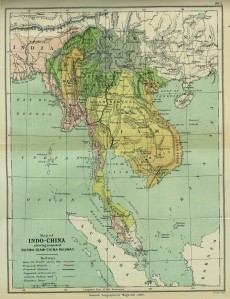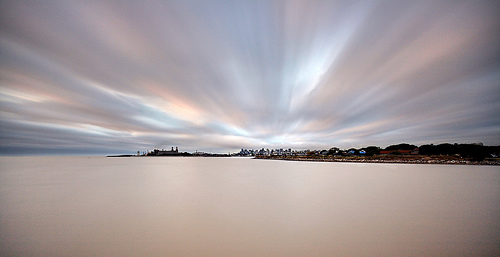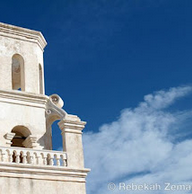Looking at pictures and following links – and possibly calling it research for my multimedia class when it was really procrastinating video editing for my broadcast class – brought me suddenly to this. Stunning, stunning photography – an amazing example of technical and emotional photographic skill. Also, of travel photography – not to mention a great story.

Brought back (or sent back) from a photographer in Thailand to a British publication, these photos show people and practices that most of us will never see in person. Without this work, and the work of everyone at Times Online, how many of us would even know the Moken existed?
They’ve made the news before, like this CBS News piece after the 2004 Indian Ocean tsunami. There’s also features like the later National Geographic’s April 2005 issue, a general online article and a pdf article about religion from Phuket Magazine, and a technical approach in this piece at Cyber Diver Digital Media Network (CDNN).
There’s even YouTube video: a stand-alone piece on the effects of the tsunami and a 5-part series posted by rjwiik called The Moken Kabang Project Spring (it’s in Norwegian but the stunning visuals speak for themselves). I went ahead and embedded Part 1 below as a teaser.
A little online research turns up an translation of their name as “people of the drowning” and how UNESCO’s concern for the protecting the traditional Moken lifestyle has designed a project for “integrating the traditional knowledge of the Moken into the region’s sustainable development.”
Lastly, I’ve a brief comment (and a link) on word choice. While I don’t know how the Moken prefer to be called, the term gypsies isn’t without controversy, especially in Europe. I’m still learning, but a friend of mine who works at the European Roma Rights Center brought it to my attention when I asked about her new job. More information can be found on their site.








